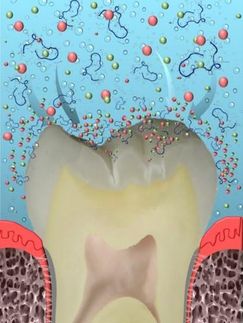Genzyme Announces Results of Phase 2/3 Trial of Advanced Phosphate Binder
Advertisement
Genzyme Corporation reported results of a phase 2/3 study of its advanced phosphate binder (APB). The trial met its primary endpoint, which was to show that the APB lowered phosphate levels effectively compared to placebo. However, the APB did not show a significant improvement in phosphate lowering compared to Genzyme’s Renvela® (sevelamer carbonate). Based on these results, the company is not planning to pursue further clinical development of the APB. Genzyme was seeking to develop a product with higher potency that would more effectively bind phosphate, while maintaining all the benefits of Renvela.
In the study, Renvela and the APB both effectively lowered patients’ phosphorus levels. Most adverse events associated with both Renvela and the APB were mild in nature, and the most frequently reported events were gastrointestinal disorders.
The trial was a randomized, double-blind, placebo-controlled study that enrolled 349 adult hemodialysis patients with hyperphosphatemia. It included seven arms: low, medium and high dose APB; low, medium and high dose Renvela, and placebo. It included a two-week screening period, a two-week washout period, and a three-week treatment period.
Most read news
Other news from the department research and development

Get the life science industry in your inbox
By submitting this form you agree that LUMITOS AG will send you the newsletter(s) selected above by email. Your data will not be passed on to third parties. Your data will be stored and processed in accordance with our data protection regulations. LUMITOS may contact you by email for the purpose of advertising or market and opinion surveys. You can revoke your consent at any time without giving reasons to LUMITOS AG, Ernst-Augustin-Str. 2, 12489 Berlin, Germany or by e-mail at revoke@lumitos.com with effect for the future. In addition, each email contains a link to unsubscribe from the corresponding newsletter.





















































